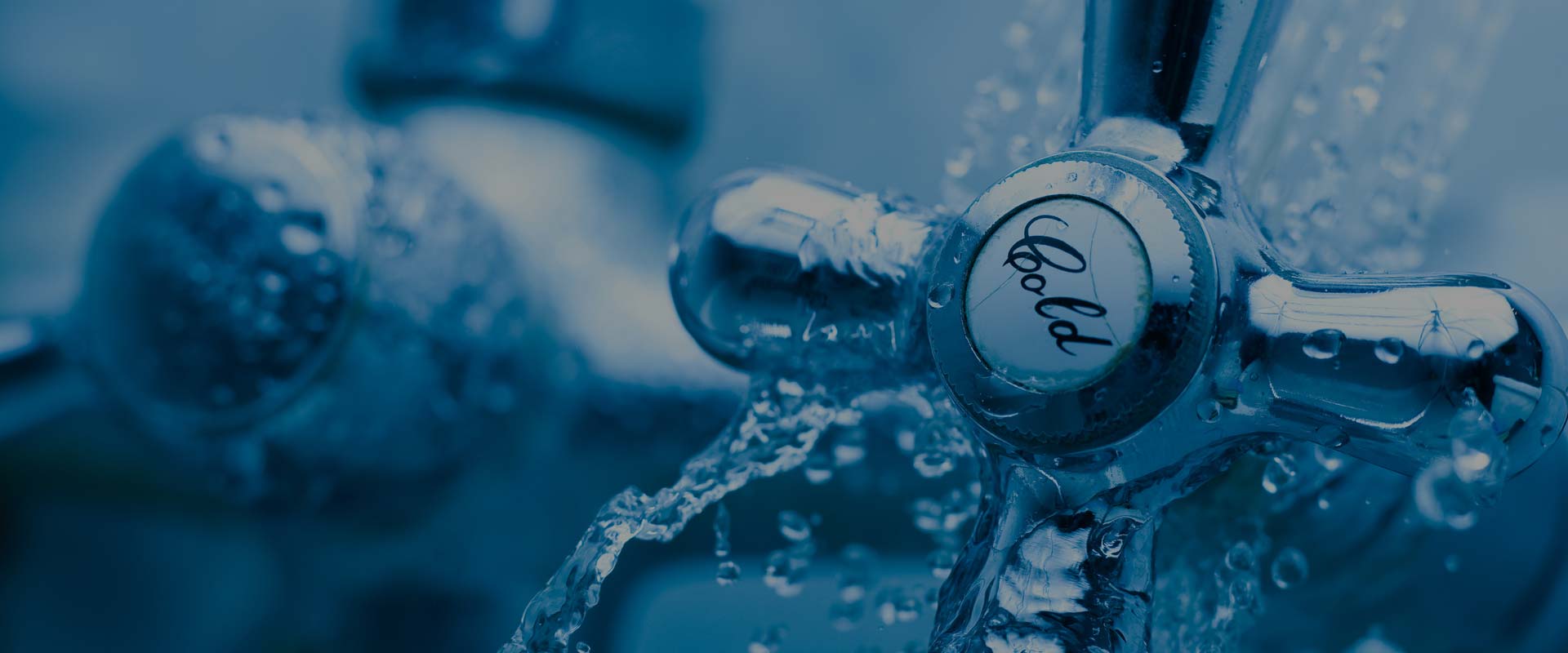Cooling towers
Effective water treatment is crucial for the optimal operation of cooling towers. Here are the key reasons why:
Scale Prevention Minerals such as calcium and magnesium are present in water. During evaporation, these minerals can precipitate, forming scale on the cooling tower’s machinery. Scale acts as an insulator, significantly reducing efficiency by impeding effective heat transfer.
Corrosion Control Water, especially when combined with oxygen, can cause corrosion in the metal parts of a cooling tower. Treatment additives are used to inhibit corrosion, thereby extending the life and reliability of the cooling system.
Microbial Control The warm water and nutrient-rich environment of cooling towers can be a breeding ground for microorganisms, including harmful bacteria such as Legionella. Proper chemical treatment is essential to control microbial growth, ensuring safe and efficient cooling tower operations.
Regular monitoring of these treatments is necessary to maintain their effectiveness and ensure the cooling tower operates at peak performance.
Our specialist technicians are all qualified to work safely in confined spaces, the use of chemicals and legionella control.
See the HSE Executive guidance on the control of legionella bacteria in evaporative cooling systems.
Closed loop systems
Maintaining proper water chemistry in closed loop systems is vital for the efficient heating and cooling of a building. Here's why:
Biofouling Biofouling refers to the build-up of bacteria and slimes within a closed system. Biofilm can coat pipes and system components, restricting water flow and reducing thermal efficiency. Additionally, it can promote the growth of harmful bacteria like Legionella, posing health risks and further compromising system performance.
Scale Mineral deposits, such as calcium and magnesium, can precipitate out of the water and accumulate as scale. This scale impairs heat transfer surfaces, decreasing energy efficiency and potentially causing system blockages that require costly maintenance.
Corrosion Corrosion affects system components, leading to leaks, reduced efficiency, and potential equipment failure. It can compromise the integrity of boilers, chillers, valves, pumps, and pipework, resulting in expensive repairs and downtime.
Steam boiler
Proper water treatment is essential for maintaining the performance and longevity of steam boilers. Here are the key reasons why:
Scale Prevention The quality of water used in a steam boiler greatly influences its performance. Feedwater containing hardness minerals like calcium and magnesium can lead to scaling on heat transfer surfaces. Scaling reduces efficiency and necessitates frequent cleaning of the boiler. In severe cases, local hot spots caused by scale can result in mechanical damage or tube failure.
Corrosion Control Dissolved gases, particularly oxygen, can cause corrosion on boiler surfaces, piping, and other equipment. Low pH levels can also attack metal surfaces. Effective water treatment prevents corrosion, ensuring the durability and reliability of the entire system.
Good Quality Steam Impurities in the feedwater can cause carryover, where boiler water enters the steam system. This contamination can affect control valves, decrease heat transfer efficiency, and obstruct steam traps. Proper water treatment minimises carryover issues, ensuring the production of high-quality steam.
Eliminating Dissolved Oxygen Chemical treatments are employed to remove dissolved oxygen in the feed system and boiler, preventing oxygen-induced pitting corrosion. This protects the boiler and extends its operational life.
Regular monitoring and maintenance of these water treatment processes are vital to ensure their effectiveness and the efficient operation of the steam boiler system.
Steam boiler chemicals
Proper water treatment is essential for preventing corrosion, scaling, and other issues in boilers.
Oxygen Scavengers Dissolved oxygen, especially in conjunction with low pH (low alkalinity), is a major cause of corrosion in boilers. High alkalinity can also contribute to the problem. Chemical oxygen scavengers are used to eliminate oxygen from the feedwater, protecting the boiler from corrosive damage.
Dispersants Scale formation occurs due to the precipitation of insoluble calcium and magnesium salts, creating a rock-like coating inside boiler tubes. Conditioners, such as phosphates and polymers, react with residual hardness in the incoming feedwater to prevent scale deposition. Phosphates mop up residual hardness that could form scale, while polymers disperse or condition the resulting sludge, making it more mobile for removal through blowdown procedures.
Inhibitors Corrosion can also occur in condensate return lines, caused by oxygen in the steam or carbon dioxide. While oxygen should ideally be removed during feedwater treatment, any remaining oxygen can be addressed with an oxygen scavenger. Corrosion can be controlled by pre-treatment techniques or by adding inhibitors that form a protective film on the surface of the condensate lines, safeguarding them from corrosive elements.
Cooling tower chemicals
Proper chemical treatment in cooling towers is essential for preventing bacterial growth, scaling, and corrosion. Here are the key chemicals used:
Biocides The water within a cooling system provides optimal growth conditions for many species of bacteria, including Legionella spp. Ideal temperatures and high levels of organic debris create a suitable environment for rapid bacterial growth if left uncontrolled. Legislation requires that cooling towers prevent the proliferation of Legionella bacteria to avoid outbreaks of Legionnaires' disease. Implementing the correct biocidal treatment regime and conducting regular checks are critical to keeping bacterial populations under control.
Scale Inhibitors Scale formation occurs due to the precipitation of calcium and magnesium salts. Scale inhibitors are chemicals that make these salts soluble, preventing their deposition. Additionally, acids such as sulfuric acid can be added to lower the pH and alkalinity, further reducing the potential for scale formation. This method is sometimes employed for scale control in larger cooling systems.
Corrosion Inhibitors Corrosion results from the chemical interaction between materials and their environment, leading to the loss of metal from surfaces, often accompanied by pitting and deposit formation. Corrosion is accelerated by high levels of dissolved oxygen, particularly in conjunction with low pH (low alkalinity), though excessive alkalinity can also be a factor. Temperature and the concentration of dissolved solids are additional factors. Chemical corrosion inhibitors are available that generally act by forming a protective film on metal surfaces, thereby preventing corrosion.
Alternatively if you wish to chat to one of our trained representatives please call us on - 0845 603 2152 or email info@aquacarewms.co.uk
